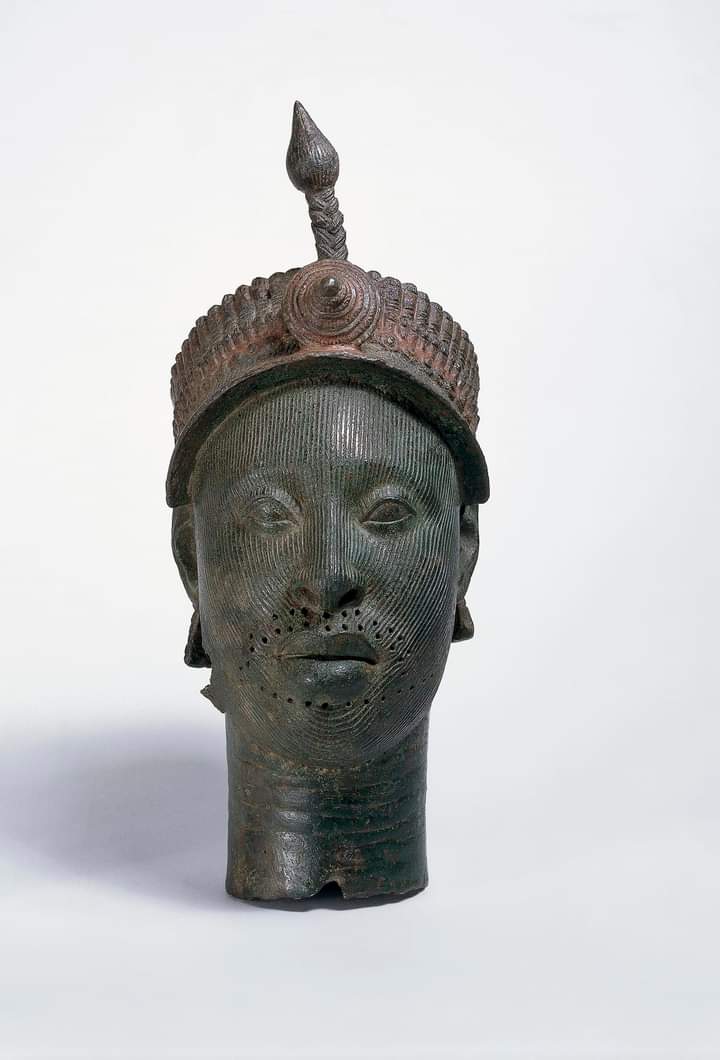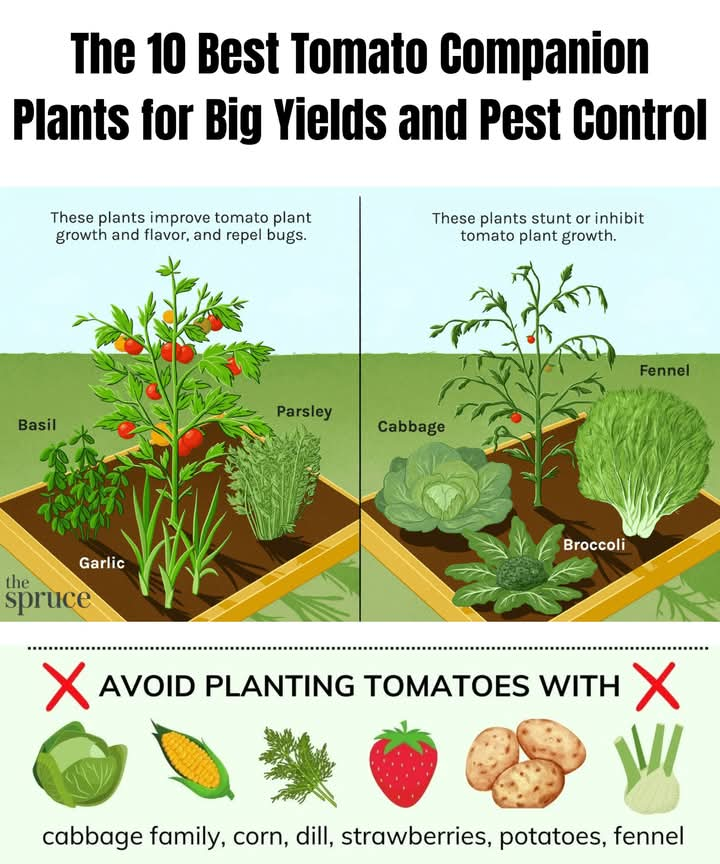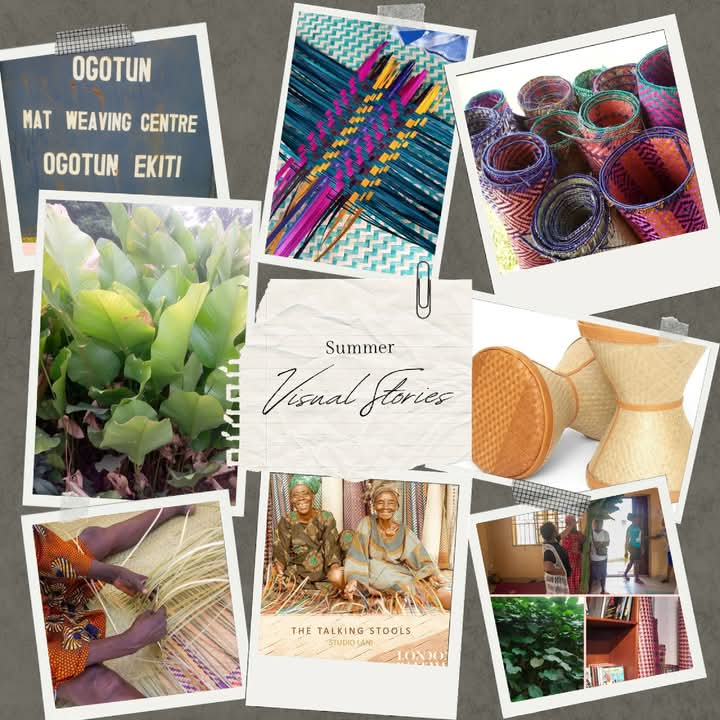OGOTUN-EKITI, THE HOME OF MATWEAVING
OGOTUN-EKITI, THE HOME OF MATWEAVING
One of the concerns of Professor Banji Akintoye, a renowned historian from Ado-Ekiti, is that the history of Eastern Yoruba has not been extensively researched. Ogotun-Ekiti is one of the aboriginal communities in Eastern Yoruba.
Ogotun-Ekiti is not only ancient but also culturally rich. Almost all the ancient settlements have unique identities, and Ogotun-Ekiti is no exception.
LITTLE THINGS TO KNOW ABOUT ENÍ
Ení is the raw material for Ogotun-Ekiti mat while ení leaf is used to wrap food.
Ení is an ancient plant that can only be found in a few communities in the world.
Ení is highly valued by the Ogotun people, to the extent that they dedicate a day for its celebration. The title of the chief in charge of this celebration is called AYETORO.
Omo Ologotun Ojorube, omo elelin ewele is one of the panegyrics of Ogotun-Ekiti.
The name of the Ogotun-Ekiti indigene who innovated weaving mat in Upoti -Ekiti (Ipoti-Ekiti) is OLÁLÉYE. This occurred several centuries ago.
Eku was part of Ogotun-Ekiti in the days of old but later merged with Ile-oluji. This should be the source of ení in Ile-oluji. You can confirm this from Ile-oluji’s elders.
Witnessing people weaving mat is a tourism attraction on its own because it’s ancestral.
Maryam Ibrahim Babangida promoted ení globally through her Better Life Programme.
Ení is now a global item of interior decoration.
God bless Ogotun-Ekiti.




